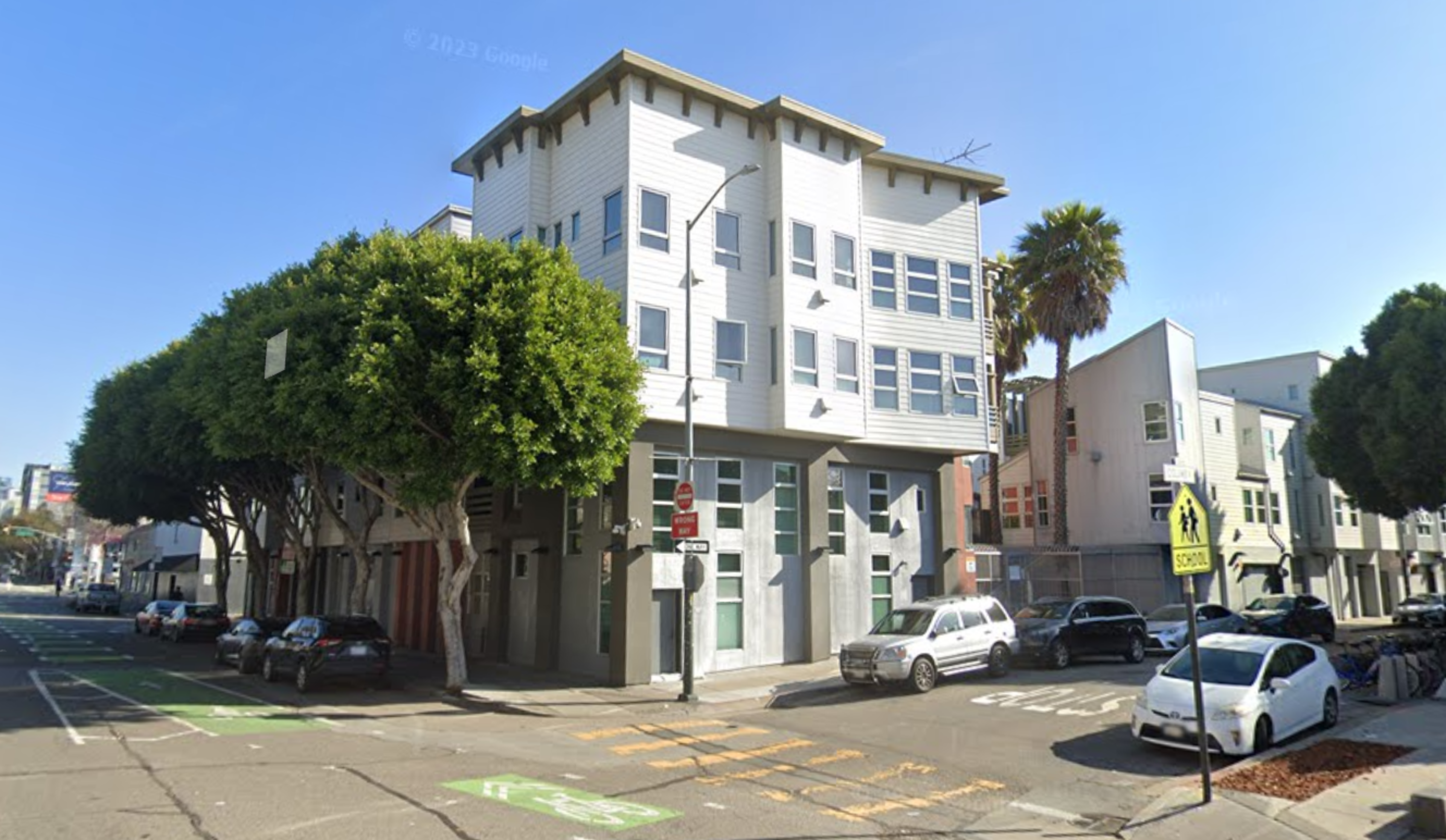Affordable housing projects in San Francisco could be in peril after the sudden collapse of Silicon Valley Bank, which not only counts tech startups among its clientele but also manages assets for many low-income housing developers in the region.
A high-ranking City Hall official told The Standard that at least two affordable housing projects could be adversely impacted after federal regulators shut down Silicon Valley Bank on Friday and froze more than $200 billion in assets.
“I’m aware of a couple affordable housing projects that could be impacted,” the source said. “It’s real—there is a real, tangible impact beyond the rattling of the cages of investors and the markets.”
One project The Standard has learned will be directly impacted by the bank’s shutdown is The Kesley (opens in new tab), a 112-home project near the Civic Center.
Rebecca Foster, CEO of the nonprofit SF Housing Accelerator Fund, which helps affordable housing nonprofits obtain public and private financing, said Mercy Housing California (opens in new tab) was supposed to close a deal for a $52 million loan for the project on Friday. Several other organizations working with SF Housing Accelerator Fund have business with Silicon Valley Bank.
“I’m sure there are others in the pipeline,” Foster said.
Federal regulators took control of the Santa Clara-based bank early Friday morning, putting nearly $175 billion in customer deposits under the control of the Federal Deposit Insurance Corporation. Many housing nonprofits, along with tech startups and investors in San Francisco, were searching for answers Friday afternoon.
Anne Stanley, a spokesperson for the Mayor’s Office of Housing and Community Development, said the agency is still trying to identify all projects that could be affected.
“The reality is we’re still getting up to speed on the situation,” Stanley said. “We’re in touch with our affordable housing partners to determine which organizations currently have accounts or loans with SVB and the nature of those agreements. We’re getting information in real-time at this point and are awaiting guidance from the Controller’s Office.”
Mark Hogan, founder of the architectural firm OpenScope Studio, said the reach of the shutdown Friday could be sweeping.
“SVB did a lot of affordable housing finance locally, and they had acquired Boston Private, which was doing affordable financing in Massachusetts,” Hogan said. “It is one less option for local non-profit developers, and it’s already hard to assemble financing for projects.”
Laura Foote, the executive director of pro-development nonprofit YIMBY Action, estimated as many as 20 affordable housing projects in San Francisco could be impacted, but she suggested a wholesale catastrophe is less likely than minor delays in funding and project timelines.
“The federal government, from what I understand, is intent on making sure affordable housing nonprofits are made whole,” Foote said. “There are deals about moving construction loans forward and what have you, but it really depends how fast the federal government is going to move.”
SVB’s website (opens in new tab) notes its involvement in providing more than $2 billion in loans and investments for affordable housing over the last two decades, including $1.6 billion in loans since 2014. Projects in San Francisco include an 83-unit building by the Tenderloin Neighborhood Development Corporation and a renovation of Mercy Housing’s Columbia Park Apartments in South of Market.
Foote acknowledged that a lot of developers are suffering from “high anxiety” as they wait to see what actions federal officials take in the days and weeks to come.
“Affordable housing has these key dates where you get big loans and when one of those dates is missed, that endangers other things. It’s a layer cake of funding,” Foote said. “A bigger impact would be a time delay to miss a grant deadline, which means you don’t get a source of revenue as part of the puzzle for your affordable housing project. But I don’t think that is likely.”
